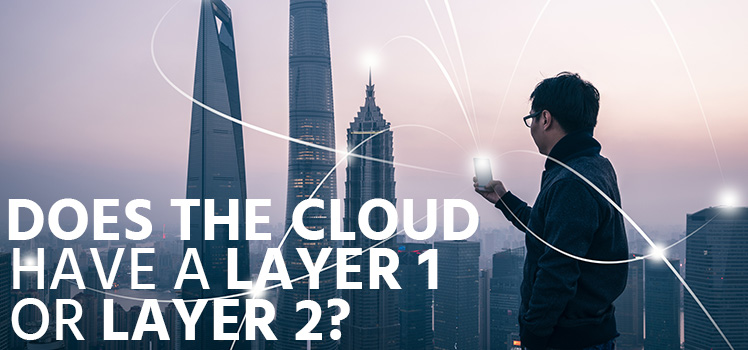Our Cloud is Different Than Yours
A day doesn’t go by where we are yet again annoyed with how flippant organizations are in using the word “cloud” for what appears to be a marketing hype. Take Western Digital and their My Cloud product for which I have seen many TV commercials as of late. It is simply a personal cloud storage device. What’s really “cloud” about it? Other than the fact that you can access it remotely, nothing! It gives honest, legitimate cloud providers like Total Uptime a bad rap.
When Cloud Computing first came out, we didn’t like the name either because the compute being offered was nothing more than a virtualized server. Call it what it really is, a “virtual server”. But now that the likes of Amazon, RackSpace and other reputable organizations have taken it to a new level and have made these virtual servers span multiple machines with auto-migration capabilities and other features to increase availability, we’re a little more comfortable with it, although still not 100%. But when someone like Western Digital takes a single hard drive and slaps a web interface on it, I don’t think the term “cloud” is warranted. In fact, it offends us.
Cloud should not be synonymous to “hosted” or “virtual” or “web-accessible” or even “redundant”. It should mean “resilient”, “everywhere”, “flexible”, “indestructible”, “scalable” and so on. I think you get where we’re going with this because that’s exactly how we think about it.
Here at Total Uptime, when we attach the word “cloud” to our Cloud DNS, Cloud Load Balancing and Cloud WAF, we mean to say that they are offered from a real cloud platform. Our cloud is a globally distributed network that is truly redundant, diverse and designed for no single point of failure. It spans multiple datacenters operated by different vendors in dozens of countries, it is interconnected in every which way and linked to every major Tier-1 backbone network, it is infinitely scalable and instantly migratable ,so much so that it actually helps organizations increase uptime. Isn’t that what “cloud” should really be? Is that what savvy IT managers want? We think so, so that’s how we designed it.
So as the world around us continues to give cloud a bad rap, please don’t lump Total Uptime into the mix. Learn more about our global cloud platform.
 What is an Application Delivery Network?
What is an Application Delivery Network?  Global Server Load Balancing (GSLB)
Global Server Load Balancing (GSLB)  Measuring Failure
Measuring Failure 


